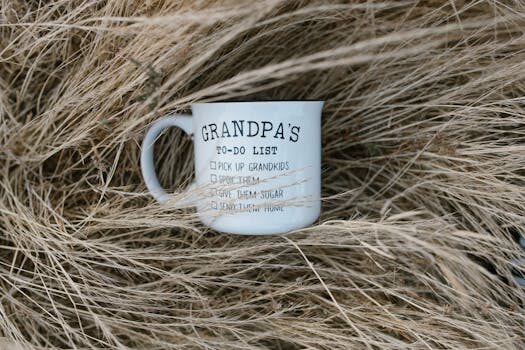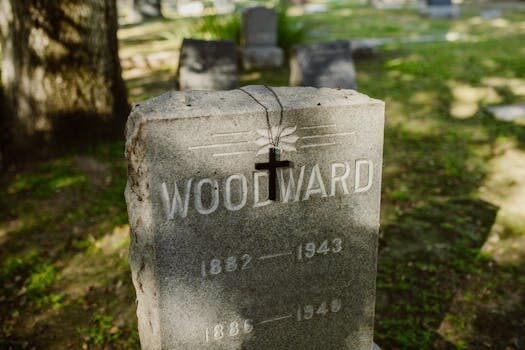Old money names that will make you feel rich

Old money names are more than just labels; they carry a sense of history and elegance. These names often evoke feelings of sophistication and wealth, connecting individuals to a lineage of generational wealth. In this article, we will explore various aspects of old money names, their significance, and how they influence perceptions of wealth in modern society.
What are old money names?
Old money names are names associated with families that have maintained wealth over generations. These names often reflect a certain cultural heritage and social status, distinguishing them from newer, trendier names. They are generally classic, elegant, and timeless, representing a lineage that dates back to aristocratic or affluent backgrounds.
These names are not just about sounding rich; they often have historical significance and cultural roots that make them resonate with traditional values. Parents who choose old money names for their children often do so with the intent to impart a sense of class and dignity.
In many cases, old money names are complemented by distinguished surnames, forming a complete identity that reflects both heritage and prestige. This connection to history and lineage fosters a greater appreciation for family legacy and tradition.
Why are old money names so popular?
The popularity of old money names can be attributed to several factors. For one, they embody a sense of elegance and sophistication that many modern parents seek. In a world where uniqueness often overshadows tradition, old money names stand out for their classic charm.
Another reason for their appeal is the association with generational wealth and stability. Choosing a name like Eleanor or William can evoke an image of a dignified past, contrasting sharply with names that are often linked to the "new money" phenomenon.

Additionally, old money names tend to convey a sense of seriousness and responsibility, qualities that many parents wish to instill in their children. This desire for a name that projects strength and stability further fuels the trend of selecting these classic options.
What are some classic old money names for boys?
- William - A name with royal connotations and historical significance.
- Charles - Traditionally associated with kings and nobility.
- Henry - Evokes a sense of strength and leadership.
- Edward - A name that has been borne by many influential figures.
- James - Classic and sophisticated, often associated with wealth.
These names are not only rich in history but also possess an elegance that appeals to modern parents. Each name carries its own unique heritage, representing a connection to the past while still feeling relevant and powerful in contemporary society.
Choosing an old money boy name can set a tone for a child's future, suggesting a life of sophistication and class. Such names are often paired with equally distinguished surnames, enhancing the overall impression of wealth and prestige.
What are some classic old money names for girls?
- Eleanor - A timeless choice that signifies intelligence and strength.
- Margaret - Often associated with elegance and refinement.
- Genevieve - A unique yet classic name embodying sophistication.
- Charlotte - A name that exudes charm and aristocracy.
- Isabel - A vintage name that remains fashionable and classy.
These timeless names for girls often carry the weight of heritage and familial pride. Each name has a story, often linked to prominent figures in history, literature, or society, making them all the more appealing to discerning parents.
By choosing a classic old money name for a girl, parents can inspire a sense of confidence and assuredness in their daughters, reflecting the values of sophistication and grace that these names encapsulate.
How do old money names reflect heritage?
Old money names are deeply intertwined with the concepts of lineage and heritage. They often have origins in noble or aristocratic families, carrying with them a legacy that transcends generations. This connection to the past adds a layer of significance that many parents appreciate when naming their children.

In many cultures, names are not merely identifiers; they encapsulate family history and social standing. Choosing an old money name can be a way for parents to honor their ancestry and pass down cultural values to their offspring.
Furthermore, these names can represent a social identity that distinguishes individuals within society. The weight of historical importance associated with old money names often leads to a perception of nobility and exclusivity, which parents may wish to convey through their child's name.
What is the significance of old money names in modern society?
The significance of old money names in modern society extends beyond mere aesthetics; they play a crucial role in shaping perceptions of wealth and status. In a world increasingly focused on individuality, these names serve as a reminder of the enduring appeal of tradition and legacy.
Old money names often evoke feelings of nostalgia and stability, reminding people of a time when social hierarchies were more pronounced. In contemporary culture, where the lines between old money and new money can blur, these names symbolize a connection to a more established form of wealth.
Moreover, old money names contribute to the narrative of generational wealth, suggesting a family history of affluence that can influence social standing. This association can affect opportunities in areas such as education and career, reinforcing the importance of these names in today's society.
How can old money names influence perception of wealth?
Old money names can significantly influence how individuals perceive wealth and status in social interactions. Names like Charlotte or Henry can immediately evoke images of privilege and sophistication, setting a tone for how others may regard the individual.

In many instances, the perception created by an old money name can open doors to elite social circles, where names carry weight and connections are paramount. Individuals with such names may find themselves automatically associated with a certain level of prestige.
However, it is essential to note that while an old money name can create an initial impression of wealth, it does not define a person's worth or abilities. In modern society, personal achievements and character traits increasingly play a more vital role than names alone.
Frequently asked questions about old money names
What name brings wealth?
While no name can guarantee wealth, names associated with old money often carry an implication of prosperity. Names like William or Isabel evoke a sense of historical significance and class, which many perceive as linked to wealth.
The perception of a name's association with wealth often stems from cultural narratives and societal values that place importance on lineage and heritage. Therefore, names that have stood the test of time and are linked with affluent families tend to be regarded as names that bring wealth.
What are rich vintage last names?
Rich vintage last names often include Winthrop, Chadwick, and Montgomery. These surnames are steeped in history and often have ties to aristocratic families or significant historical figures.
Such last names convey a sense of tradition and heritage, making them ideal companions for old money first names. The combination of a classic first name and a distinguished surname creates a powerful impression, signifying both wealth and sophistication.

What is an old money name?
An old money name is a name typically associated with families who have maintained wealth over multiple generations. These names are often classic, elegant, and steeped in history, reflecting a family lineage that has existed for a long time.
Such names often embody a sense of tradition and societal standing, offering a glimpse into the past while remaining relevant in modern naming trends. Examples include Edward, Genevieve, and Henry.
What makes a name sound rich?
A name sounds rich when it carries an air of sophistication and classic elegance. Names that are often associated with historical figures, aristocracy, or cultural heritage tend to evoke a perception of wealth.
Factors contributing to the richness of a name can include its phonetic qualities, cultural connotations, and the social standing of individuals who have borne that name throughout history. Strong, traditional names with a historical background typically resonate more with perceptions of richness.
For those interested in exploring names that convey a sense of wealth and class, the old money aesthetic offers a wealth of options that are both beautiful and meaningful.
